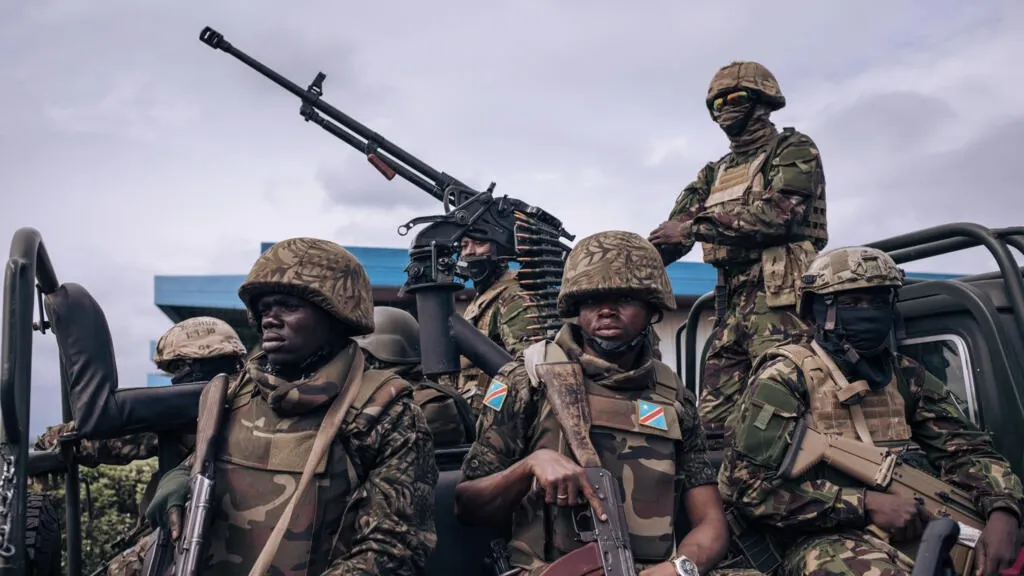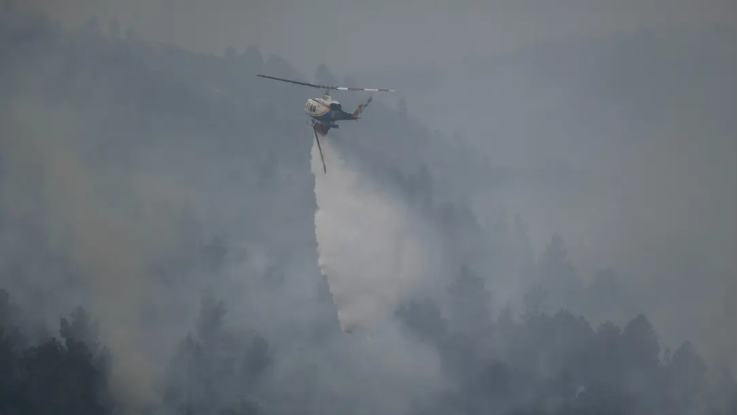DR Congo, Rwanda Agree On Ceasefire
On Wednesday, Angolan Foreign Minister Tete António announced that an agreement had been reached on an "immediate ceasefire" in the eastern Democratic Republic of Congo (DRC).

Facts
- On Wednesday, Angolan Foreign Minister Tete António announced that an agreement had been reached on an "immediate ceasefire" in the eastern Democratic Republic of Congo (DRC). It's set to take effect on Friday, and is intended to help end militia violence and soaring tensions between the DRC and Rwanda.
- The agreement was reached during a meeting between DRC Pres. Félix Tshisekedi and Rwandan Foreign Minister Vincent Biruta in the Angolan capital of Luanda. It follows a recent surge in fighting between Congolese troops and the M23 rebel group. Kinshasa argues that the M23 is backed by neighboring Rwanda — a claim Kigali rejects.
- The talks were part of a mini summit between the East African Community (EAC) and the International Conference on the Great Lakes Region (ICGLR). A joint statement also called on the M23 to disarm and withdraw from captured territories in eastern DRC; otherwise, the East African Community Regional Force (EACRF) would be ordered to intervene.
- This follows a July meeting between Rwandan Pres. Paul Kagame and Tshisekedi, with both also agreeing to an immediate ceasefire and the withdrawal of M23 fighters from eastern Congo. Fighting continued regardless, and the M23 declared that only direct talks with Kinshasa could lead to peace.
- On Tuesday, however, Kinshasa said M23 fighters must first withdraw from the DRC before talks can be held. The "March 23 Movement," a majority Congolese Tutsi militia, had seized large swaths of the DRC's North Kivu province, and was most recently moving toward the region's capital, Goma, which it had briefly captured in 2012 before being driven out.
- Meanwhile, the first contingent of about 900 Kenyan troops reportedly arrived in the DRC last week as part of the joint EAC force to restore and monitor security. Kenya is playing a leading role as a mediator in the EAC-led peace process. On Monday, Kenyan Pres. William Ruto met with his Congolese counterpart in Kinshasa to discuss ways to end the fighting.
Sources: France24, Al Jazeera, East African, Reuters, and Africa.
Narratives
- Establishment-critical narrative, as provided by The New Times. While Kinshasa puts all the blame for the violence on the M23, it has deliberately undermined all serious peace efforts in eastern Congo. And while the government is now engaged in so-called peace talks, the Congolese army and its militias are busy planning a genocidal campaign against the eastern Tutsi population. Until Kinshasa ends its double game, there will be no peace.
- Pro-establishment narrative, as provided by Foreign Policy. The road to peace in eastern Congo is long, but it's encouraging to see that Africa itself is taking the initiative and seems increasingly capable of resolving its conflicts on its own. That Paul Kagame obviously admitted to having influence over the M23 is a remarkable success of the EAC's peace efforts. Conditions for peace in eastern Congo are better than they have been for a long time.






